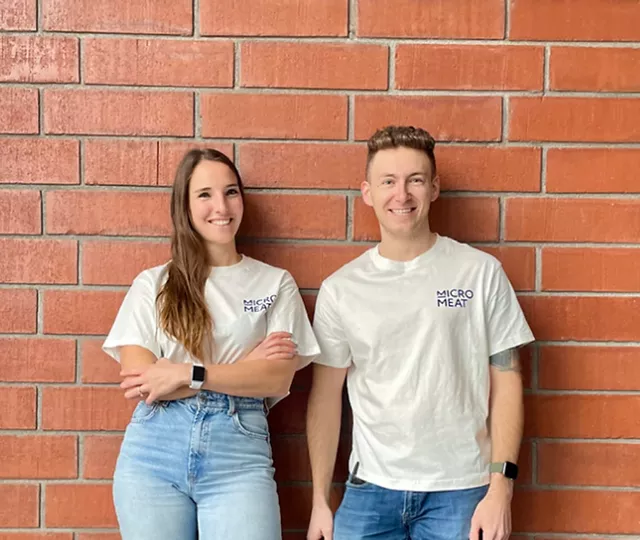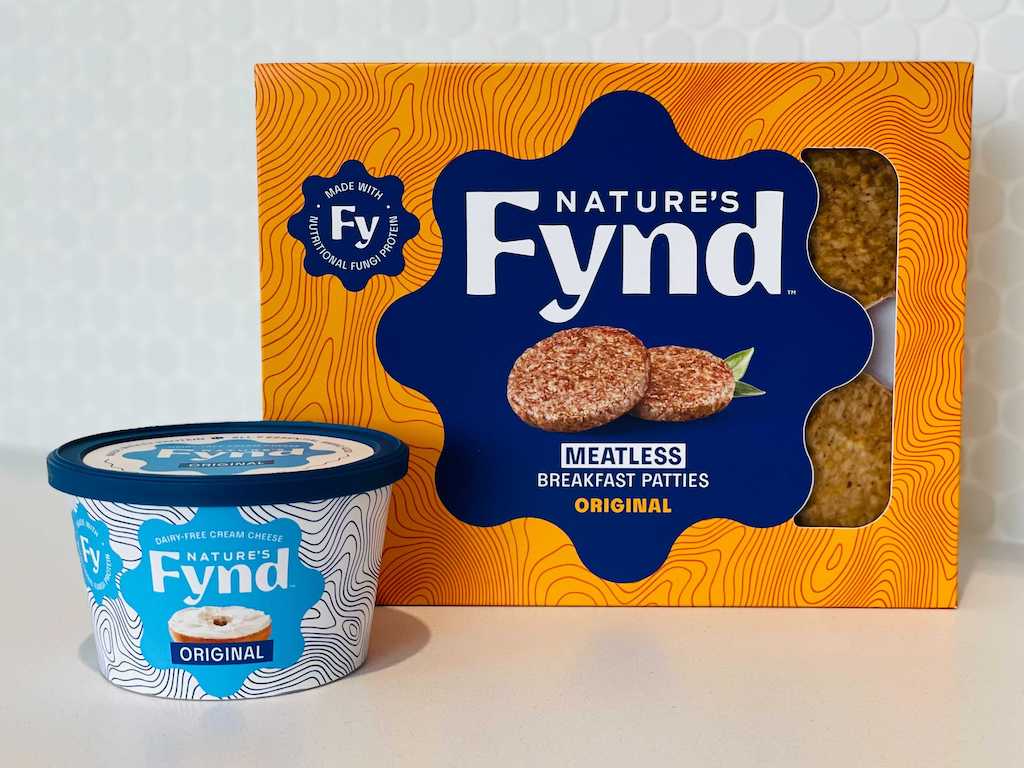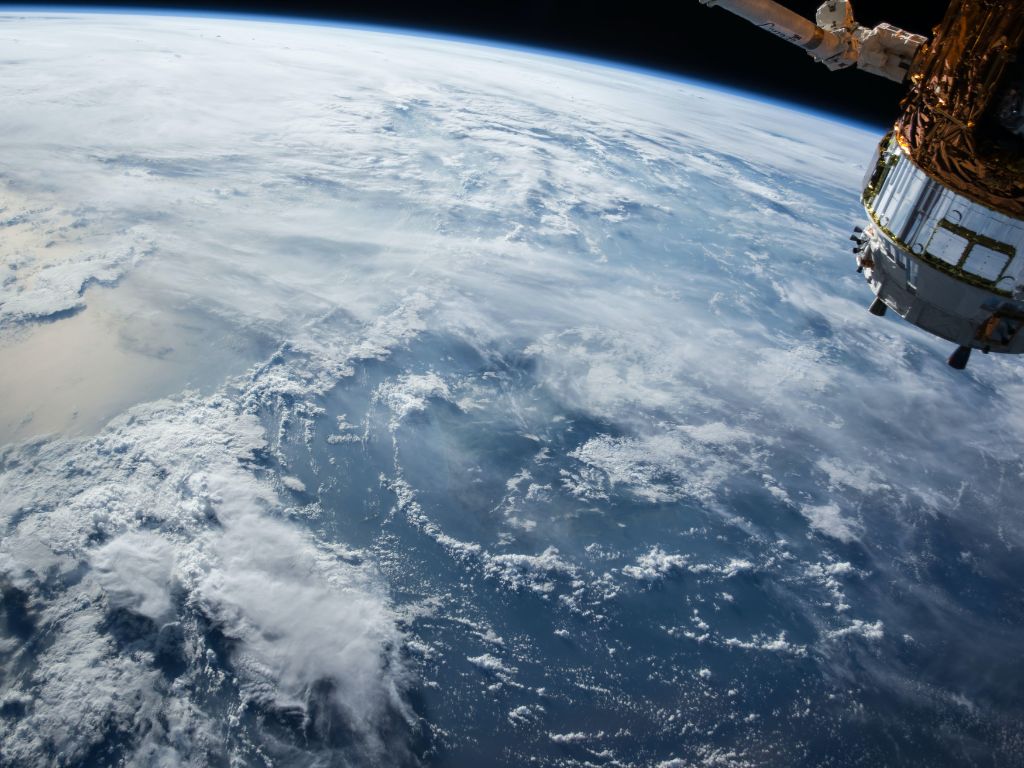3 Mins Read
Heading to outer space anytime soon? You may be dining on cultivated meat, thanks to a new partnership between alternative protein pioneer, Mexico’s Micro Meat, and U.S.-based Orbital Assembly, developer of space-based business parks with variable gravity.
According to Micro Meat co-founder and COO Vincent Pribble, it costs as much as $10,000 per pound to send food into space.
Fresh meat in space
“We could produce fresh meat in space at a much lower cost than flying prepared food there because meat is mostly water, and we can easily reclaim the water in space,” Pribble said. “So, when you look at the price of launching all that water from Earth to orbit, it’s just not cost-effective.”

That’s the reasoning behind the partnership between Micro Meat and Orbital Assembly. Under the new partnership, Micro Meat will install its meat production equipment in OA’s Pioneer-class space stations—they’re expected to be the world’s first and largest hybrid space stations in operation for both work and recreation. Micro Meat says working with its cultivated meat in zero gravity will help it scale its protein systems on earth.
“We are expecting it to be a two-and-a-half-year project and hope to take what we learn in space and rapidly apply it to our earth-based production systems,” Pribble said. Space development of the cultivated meat can provide a higher value because of the inherently expensive cost of bringing food into space.
“Our scaffolding technology is a game-changer,” says Micro Meat co-founder and CEO Anne-Sophie Mertgen. “It’s going to allow a level of scaling in cultivated meat production unlike anything that currently exists. In three years, our goal is to be producing a ton of meat in 30 days on earth. We know we can get there with our design. This new partnership with OA in space will help us get there faster.”
Sustainable food for earth… and beyond
“We look forward to working with Micro Meat to solve a critical problem of food production in space which will help facilitate long term space habitation while developing sustainable food technology at home,” says OA CEO Rhonda Stevenson. “We believe on orbit food processing will require many different options to meet nutrition requirements and tastes of our customer base and Micro Meat will be a great partner in addressing those needs.”

Efforts to grow cost-effective food in outer space have been underway for some time. NASA recently partnered with biofermentation startup Nature’s Fynd on research aimed at developing a micro-gravity biofilm-biomat reactor. That would bring a nutrient-dense vegan protein to astronauts.
NASA and biofermentation startup Nature’s Fynd completed researcher work aimed at developing a micro-gravity biofilm-biomat reactor, which could allow astronauts to grow a highly nutritious vegan protein in space.
“The developments made by Nature’s Fynd with the NASA SBIR/STTR program have opened doors to unique and viable options for sustaining life in space, and as the world increases its focus on protecting our people and planet, the company’s biomaterials and bioreactors exemplify one potential path for combating climate change on Earth,” NASA said in a statement about the launch.
The space exploration organization has also been working to grow vegetables in space via a platform called The Veggie. It lets astronauts grow salad-type leafy green vegetables including cabbage, kale, and mustard greens, to provide astronauts with fresh food.
Lead photo by NASA on Unsplash




